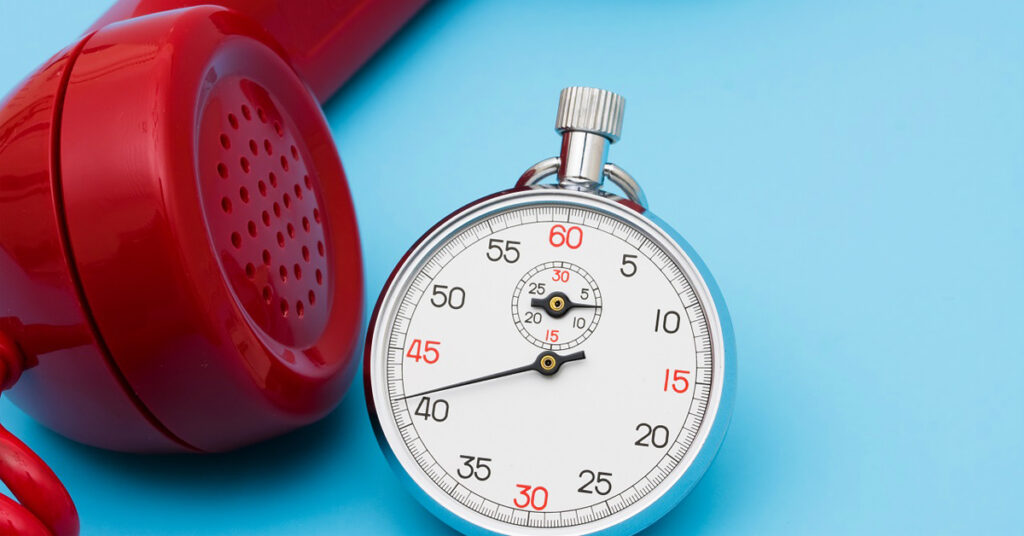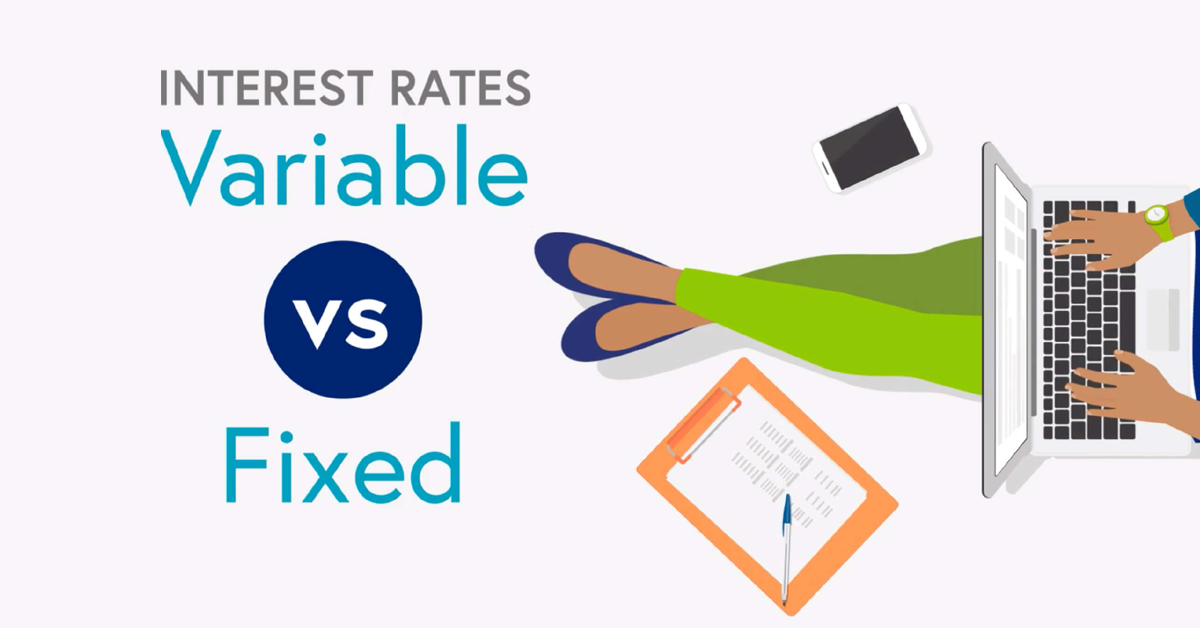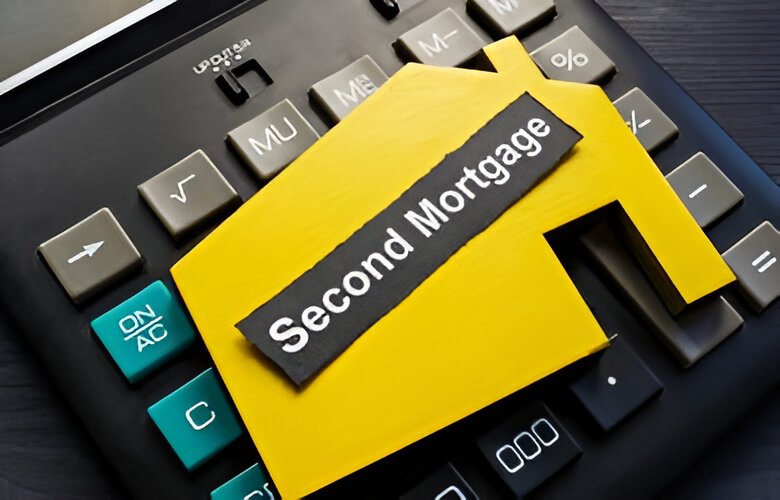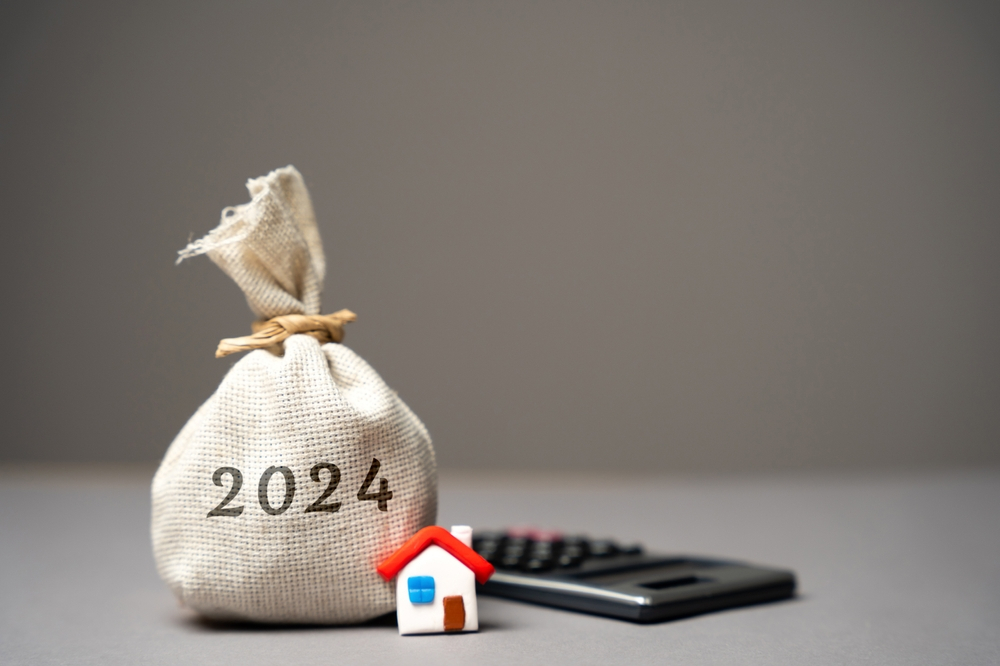What is a Variable Rate Mortgage?
The interest rate on a variable-rate mortgage fluctuates based on an underlying benchmark rate. In Canada, this is determined by the prime rate set by the mortgage lender. While lenders determine their own prime rates, the prime rate is normally determined by the Bank of Canada’s policy interest rate, commonly known as the overnight rate.
Lenders will raise their prime rates if the Bank of Canada raises its target policy rate. Variable mortgage lenders will see their variable interest rate in Canada rise as a result of this.
Variable rate mortgages have a rate that is determined by your own financial condition but follows the prime rate of the lender. While your variable rates will fluctuate, your discount or premium compared to the prime rate will remain constant.
How Does the Prime Rate Affect a Variable Mortgage?
The prime rate in Canada is the interest rate that most major Canadian banks charge their most valuable customers. The prime rate fluctuates depending on the state of the Canadian economy and inflation expectations.
A variable-rate mortgage has an interest rate that is directly linked to the prime rate and moves up and down with it.
If the prime rate declines, a larger portion of your payment is applied to the principal. This means you’ll be able to pay off your mortgage sooner. If the prime rate rises, however, more of your payment goes to interest and less to principal, which means it will take you longer to pay off your house.
If the prime rate rises to a certain percentage or trigger point (as specified in your mortgage contract), your lender may adjust your payments to guarantee that you pay off your mortgage before the end of the amortization period.
If you’re on a tight budget, an increase in your mortgage payment could affect your capacity to pay your mortgage and other household bills.
How Does a Variable Rate Mortgage Work?
Whether you have a fixed or variable rate mortgage, your payment is split into two parts when you make payments. One-third of your payment goes toward interest, while the rest goes toward your mortgage balance.
Most major banks provide fixed payments on variable-rate mortgages. If variable rates rise, your monthly mortgage payment remains the same. A variable-rate mortgage, on the other hand, allows the interest portion of your mortgage payment to fluctuate.
If interest rates rise, the amount paid toward the principal on your mortgage will drop. If interest rates fall, your principal payments will rise, allowing you to pay off your mortgage faster and save money on interest.
Variable-rate mortgages with variable payments are available from some banks and mortgage providers. Your variable-rate mortgage payment will increase if variable rates rise with this alternative. This keeps you on schedule to pay off your mortgage before the conclusion of the amortization period, rather than prolonging it by paying less of the principle.
Benefits of a Variable Rate Mortgage
While knowing how much you’ll pay each month gives you peace of mind, some borrowers like the idea of smaller monthly payments initially. The following are some of the advantages of using this approach
- A variable rate can be lower than the fixed rate (often below the market rate)
- They are usually less expensive throughout the course of the mortgage.
- A lower payment could help you qualify for a bigger mortgage.
Keep in mind that if you pick a variable mortgage, you will be subject to changes in prime rates. While you may save money over the course of the mortgage, interest rates may rise dramatically, leaving you with a substantially higher monthly payment.
Similarly, obtaining a mortgage term ranging from a few months to a 5-year variable rate mortgage is usual in Canada. You must renew your mortgage at the end of the term. You can then choose to switch to a fixed-rate mortgage or take advantage of a cheaper interest rate if one is available.
Fixed vs Variable Mortgage Rate
Fixed-rate mortgages feature an interest rate that remains constant during the period of the mortgage. You won’t have to worry about mortgage rates until your mortgage is up for renewal again if you have your mortgage rate fixed ahead of time. Fixed rates, on the other hand, are usually higher than variable rates.

A variable rate mortgage can save you money if interest rates stay the same or reduce in the future if you’re fine with the unpredictability. If interest rates climb significantly in the future, you can still save money with a variable rate mortgage.
Variable mortgages also have fewer mortgage penalties, which is a big plus. Prepayment penalties on a variable rate mortgage are usually only three months’ interest. The penalty for exploiting an interest rate differential on a fixed mortgage might be much larger.
What is the Difference Between Open-Variable and Closed-Variable Mortgage?
The difference between open and closed mortgages is determined by the number of mortgage prepayments permitted. The number of prepayments you can make before incurring prepayment penalties is limited with a closed variable mortgage.
If you have extra money in the bank and want to use it to make extra mortgage payments, your lender will put a restriction on how much you can pay before incurring penalties.
Prepayments of up to 10% or 15% of your original principal amount are usually allowed by most major banks. Prepayment penalties of three months’ interest will be levied if you break your closed variable-rate mortgage.
Prepayment restrictions do not apply to variable-open mortgages. You can even pay off your mortgage in full without incurring any penalties for early payments.
An open variable mortgage would allow you to make significant principal payments or refinance in the near future if you know you intended to do so. Open mortgages, however, have a higher interest rate than closed mortgages since they are more adjustable.
Capped Variable Rates
A capped variable rate refers to the highest rate at which your variable mortgage rate can go during your term. This cap protects you from large interest rate rises, but your base variable rate may be higher to account for it.
You may want to take advantage of any interest rate reductions, but you also want to keep your mortgage interest rate as low as possible.
A Vancouver mortgage lender, for example, might provide a variable rate of 2.00 percent. The mortgage rate on a variable rate mortgage with a capped rate, such as 2.50 percent, may be slightly higher. Some lenders may have a capped rate, which can already be rather expensive, such as 7%.
Why are Variable Rates Now Lower Than Fixed Rates?
Interest rates and mortgage rates are expected to rise in the next years, according to economists at Canada’s main banks. Why are variable rates still cheaper than fixed rates, despite the general expectation that rates will rise in the future?
Lenders expect the Bank of Canada to raise interest rates in the future, as their cost of borrowing has risen, they will then pass this increase in cost to the borrower.
The opposite could also be seen in recent years. In early 2019, as Canada’s economy slowed, there was a possibility of the Bank of Canada decreasing interest rates. This led to a reversal of the variable rate’s usual discount to fixed rates.
Variable rates were priced higher than fixed rates from March 2019 to February 2021, according to the CMHC. If interest rates are predicted to fall, lenders would prefer to have more borrowers with fixed rates while rates are still high, rather than borrowers with variable rates who would benefit from reduced rates.
Until February 2020, 5-year variable rates were higher than 5-year fixed rates. Variable rates have been lower than fixed rates since then.
Is Getting a Variable Mortgage a Good Idea?
Borrowers with variable mortgages have historically saved money compared to those with fixed mortgages. A variable mortgage allows you to save money if you’re ready to put up with a little more unpredictability and risk.
Borrowers who don’t want to face the risk of a variable rate can opt for a fixed rate, which allows them to pay a small premium for the assurance that their mortgage rate won’t rise in the meantime.
Interest rate fluctuations can have a substantial impact on your finances if your payment fluctuates with your rate, or have no immediate impact on your budget if it is fixed, depending on your variable mortgage.
Hybrid Mortgages: An In-Between for Borrowers
A hybrid mortgage allows homeowners who can’t decide between a fixed rate and a variable rate to have both. To make up your mortgage, a hybrid mortgage, also known as a combination mortgage, combines a fixed rate element with a variable rate component.
It’s also not necessary for the parts to be 50 percent set and 50 percent variable. Some hybrid mortgage lenders, such as Desjardins, allow you to split your loan into multiple parts with variable terms, mortgage rates, amortization, and payment frequency.
For example, you can choose to have 30% of your mortgage at a variable rate for a 5-year term and 70% of your mortgage at a fixed rate for a 3-year period.








